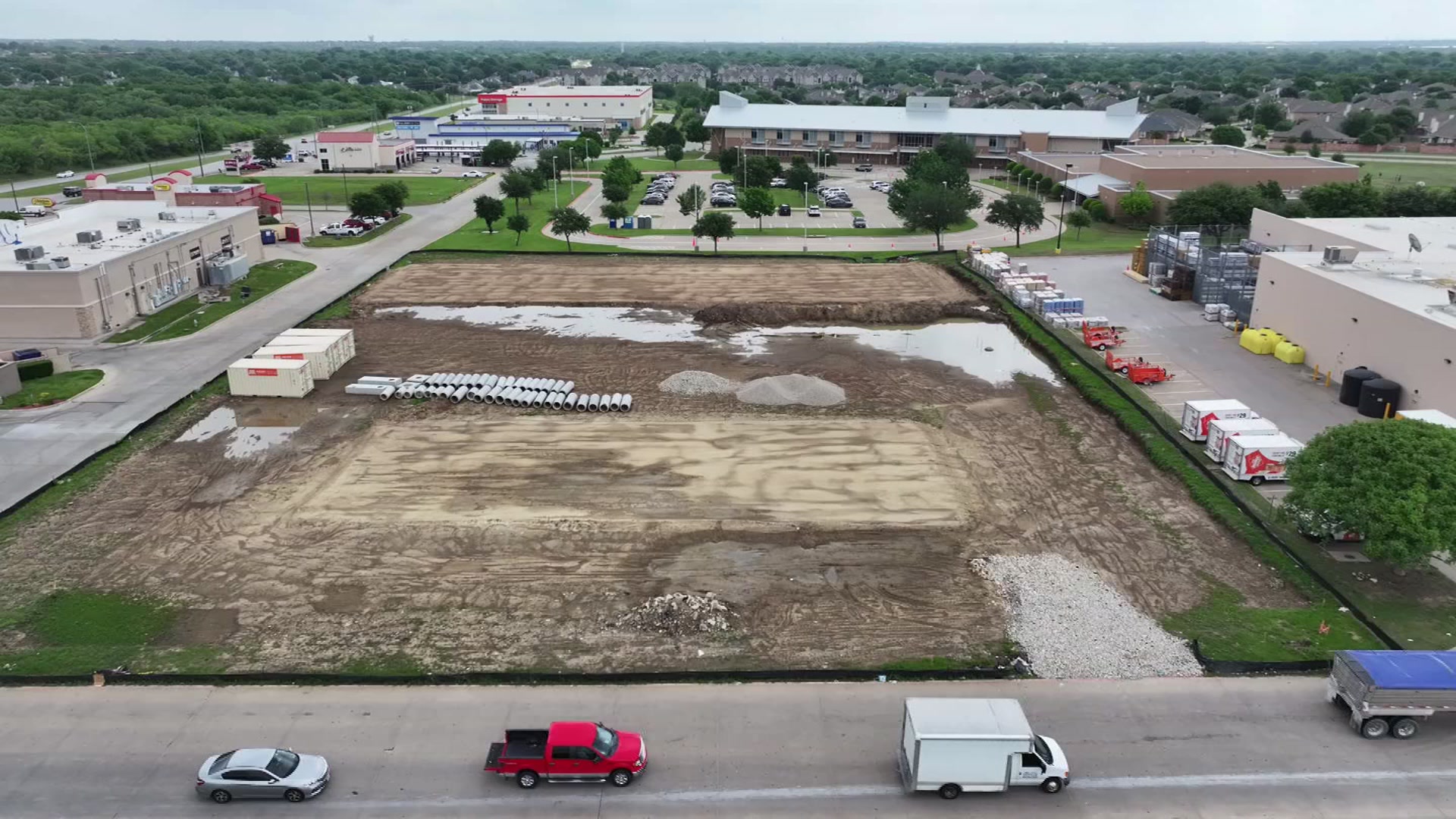Both engines of an American Airlines jet tore off as the plane overshot a runway and cracked into three pieces while landing during a rainstorm at Norman Manley International Airport in Kingston, Jamaica, Tuesday night.
Fort Worth-based American spokesman Tim Smith said Wednesday that "both engines were removed or taken off the wing as it happened," as designed to do for safety reasons.
All 154 people aboard Flight 331 survived, with 92 taken to hospitals,but none of the injuries were considered to be life-threatening, said Jamaican Information Minister Daryl Vaz. One woman had surgery for a broken nose and cuts to her face and the FAA reports the captain broke his arm.
American Airlines spokeswoman Andrea Huguely said Wednesday afternoon that only seven people were hospitalized for their injuries.
The jet had a crew of six and 148 passengers, many of them Jamaicans coming home for Christmas, officials said. State Department spokesman P.J. Crowley said 76 of the passengers were Americans.
Crisis management crews from DFW have been dispatched to Jamaica to assist those impacted by the crash, said Smith. Crisis management crews typically consist of airline executives and company and union accident investigators.
"The care of our passengers and crew members remains our highest priority, and we are grateful for the professionalism of our crew members who safely evacuated the aircraft," said Gerard Arpey, chairman and CEO of American Airlines.
Fences at Manley International are designed to stop a plane that veers from the runway from skidding into the water, and in this case it appears that that protective system worked. The plane came to rest about 10 feet from the Caribbean Sea.
"If the plane was going faster, it would have gone into the sea," Transport Minister Mike Henry said.
He described it as a "Christmas miracle."
Local
The latest news from around North Texas.
After the crash, the crew conducted what sources are describing as a "by the book" aircraft evacuation. The pilot and co-pilot reported that they walked the plane several times to make sure they got everyone out before they climbed out of the damaged plane.
Passenger Pilar Abaurrea described the moment when the plane hit the ground to NBCMiami.com.
"All of a sudden, when it hit the ground, the plane was kind of bouncing, someone said the plane was skidding and there was panic," Abaurrea said.
"I just wanted to get the hell out of there, as far as I could, because I could smell the fumes, and I knew that if it blew, it could be a pretty big fireball," Abaurrea's husband, Gary Wehrwein, told The Associated Press.
While the exact cause of the crash is still under investigation, sources familiar with the investigation said a thunderstorm had moved across the island nation and that the plane appears to have been attempting to land on the backside of the storm -- making a downwind landing. Typically airline and manufacturer guideline for a 737 allows for a 10-knot tailwind at landing.
Investigators are looking into the speed of the tailwind at the time of landing, and whether the pilots were using their heads-up display navigation system, which allows for precision landing during inclement weather.
If it is determined that the pilots should not have attempted to land due to the tailwind, the next question for investigators will likely be why the pilots didn't return to Miami. Officials said it appeared the plane had enough fuel on board should the pilots need to abort and return to Florida.
Contrary to earlier reports, AA spokesman Tim Smith confirmed that the pilots had flown an earlier flight and logged more than 11 duty hours before the accident.
“They reported for duty at 11 a.m. in Miami,” Smith said.
They flew from Miami to Washington, D.C., before the flight that crashed. Then they left Washington on Flight 331at 3:30 p.m. for Miami and continued on to Kingston, Jamaica. The accident occurred at about 10:20 p.m.
Smith said those duty hours do not violate federal rules.
Former pilot and trained crash investigator Denny Kelly said the cracked fuselage may have aided the passengers and crew by allowing them to exit the aircraft more quickly.
Kelly added that one of the largest issues pilots face is accurate information regarding breaking capabilities on runways where there is standing water. He said even some of the largest airports in the world do not have a technical way to measure whether or not it is safe for a pilot to land on a saturated runway.
The plane is a total loss. Though airlines typically negotiate lower rates, Boeing lists the current price for the 737-800 at $76 million. American added 29 737-800s to their fleet this year to replace the aging fleet of MD-80 aircraft. They plan to have 76 of the aircraft flying by early 2011.
Smith said flights to and from Dallas-Fort Worth International Airport will not be impacted by the loss of the aircraft in Jamaica.
American, the nation's second-largest carrier, will work with the National Transportation Safety Board, the Federal Aviation Administration and Jamaican authorities to determine the cause of the accident. Tuesday's crash is the second incident in as many weeks for American Airlines.
Another AA aircraft suffered wing damage last week after a hard landing in Charlotte, N.C.
Christopher Read, a former pilot , lives near the airport in Jamaica and took several pictures from his airplane Wednesday morning. In an interview by phone, he said he has flown in and around the island for more than 30 years and couldn't believe how the plane looked. The former pilot said the accident could have been much worse, especially because the plane skidded off a tall embankment.
"That is about a 10- to 12-foot dropoff, so that even a pretty decent-sized truck would be below the level of the runway," Read said. "It appears to have leap-frogged across the road and not done any damage to the road."
Read said the rocks the plane stopped on are small boulders designed to keep the waves from eroding the peninsula. He said had the plane gone into the water, the accident might have been much worse.
"That water is very deep water. It would have gone down very quickly in the condition the fuselage was in," Read said.
Anyone who believes they have family members or friends aboard Flight 331 may contact American Airlines at the following toll-free numbers: 800-245-0999 for calls originating in the United States. For calls originating in Jamaica, use 800-872-2881.
NBCDFW's Scott Friedman, Lindsay Wilcox, Ken Kalthoff and Omar Villafranca contributed to this report.



